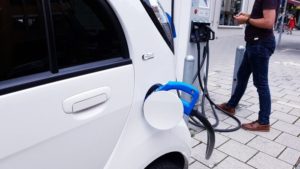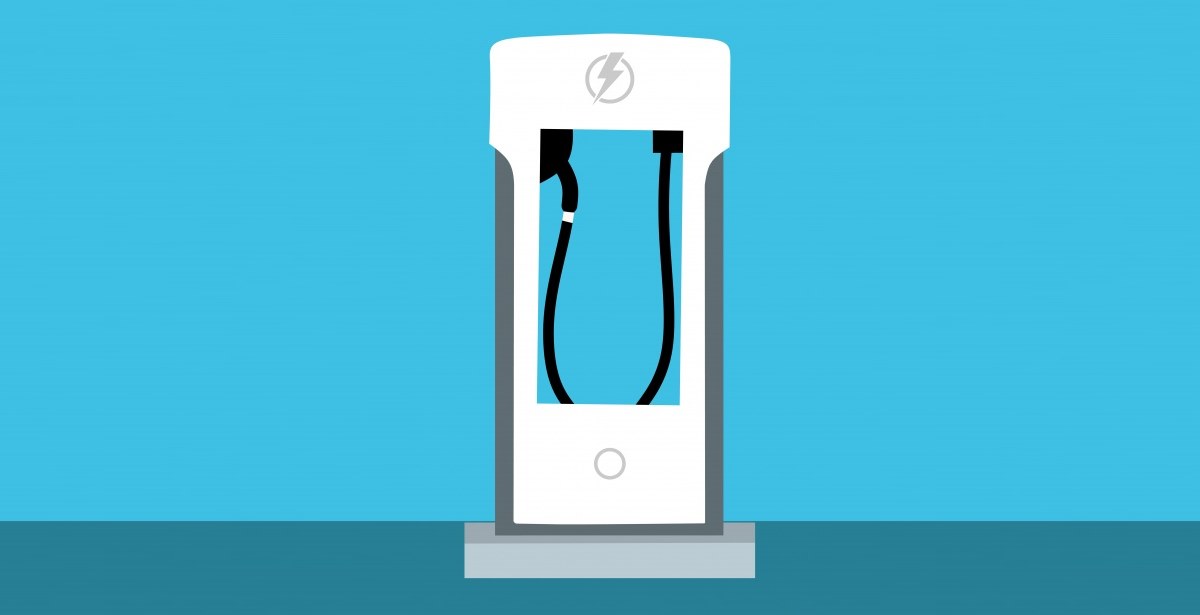![]()
 So you’ve got yourself an electric car. Maybe it’s a Nissan Leaf, a BYD Atto 3, or something a little different – we see all sorts roll through the workshop in Hamilton, from the odd Hyundai Ioniq to the oddball Peugeot e-208 from someone out toward Morrinsville. Charging them at home is easy enough, but you want to do it safe, eh? Let’s yarn about what’s actually important when plugging in your EV here in the Waikato.
So you’ve got yourself an electric car. Maybe it’s a Nissan Leaf, a BYD Atto 3, or something a little different – we see all sorts roll through the workshop in Hamilton, from the odd Hyundai Ioniq to the oddball Peugeot e-208 from someone out toward Morrinsville. Charging them at home is easy enough, but you want to do it safe, eh? Let’s yarn about what’s actually important when plugging in your EV here in the Waikato.
Keeping It Sweet When Charging Your EV
Don’t muck about with random overseas chargers or bodged together adapters off Trade Me. Always stick to gear that’s made for New Zealand – has the proper plug for our power points, and says it’s good to go for NZ. If you’re not sure, you can ask to see what’s called a “supplier declaration of conformity” from the shop or supplier. We had a guy in from Ngaruawahia last week with a used Porsche Taycan – turns out his cable was dodgy and had dodgy wiring. Could’ve been a fire risk. Dodged a bullet there.
- Only use chargers and equipment rated for NZ (proper NZ plug, not just a travel adapter or whatever).
- Check with the seller or supplier to make sure the equipment is legit. Ask for the paperwork if you want to be 100% sure.
- Don’t ever use household double adapters, multi-boxes, or those old extension cables between your charger and the wall. Those things can get hot, especially with stop-start charging in the cold like on Normandy Ave or in the hot sun out Te Kowhai way. Fire risks aren’t worth it.
Getting Set Up With Charging Gear
If you’re buying a new wall charger or portable cable, Worksafe recommends you ask for a copy of the SDoC (Supplier Declaration of Compliance) and flick that to your sparky before they install anything. Don’t actually get it fitted until your electrician reckons it’s safe for NZ use. Even a decent looking cable from overseas can be wrong for our plugs or cabling – and you don’t want your insurance company laughing at you if it goes pear-shaped.
Don’t Use Modified or Dodgy Chargers
We get asked all the time if it’s alright to use modified EV cables, or cheap in-cord plug protectors from out of China. Simple answer: don’t. It’s illegal, and honestly, you’re risking your car, your house, all of it. We saw someone from Cambridge with a Mitsubishi Outlander PHEV who nearly lost their shed over one of these hacked-together chargers. NZ power supplies are different from other countries, so the risk isn’t worth it.
Charging At Home (or Work)
Most of you will just plug into the wall at home, usually in the garage. That’s fine – those chargers are usually set up for 10A, which is bang on for most of the Leafs and Zoe’s we see from around Chartwell or Rototuna. Overnight charging is sweet for cars with up to 200km range, so you’re sorted for the school run out to Tamahere or a quick dash up Victoria Street. If you’ve bought one of the bigger Euro EVs – something beefy like an Audi Q4 – you might need a proper wall unit to fill it overnight. Make sure your wall charger gets installed by a real sparky, following the NZ government rules for EVs. No DIY jobs, please.
Worksafe also reckons you should get a Residual Current Device (RCD) put in too. Handy little things – they cut the power if something goes wrong. Make sure it’s a Type B RCD, they work best for EV charging. Had a ZS EV owner from Whatawhata find this out the hard way – after we sorted her with a new charger and RCD, she hasn’t had a single problem charging, even through all that winter fog.
Need Help? We Sort Hybrids & EVs Every Day
Here at Grimmer Motors, we’re seeing more and more electrics on the road – and all types too. Doesn’t matter if you drive a Chinese Ora Good Cat or a classic Prius hybrid from Ohaupo, our techs have the gear and know-how for quick checks, repairs, and advice. We can find you the right charging cable, suss out any strange issues, and make sure your EV stays sweet whether you’re battling the daily Victoria Street traffic, or trundling over potholes out by Gordonton Road.
Want to book in, get your hybrid checked or just have a yarn about car service Hamilton, WOFs, or anything electric? We’re here in Hamilton, real people, real solutions – no drama.

